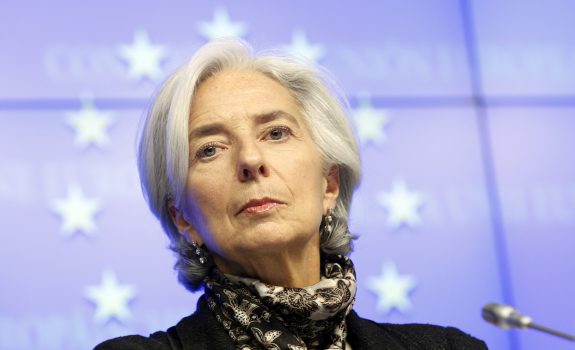
The International Monetary Fund (IMF) on Wednesday called on the Nigerian government to end fuel subsidies in order to help reduce the poverty gap and free up additional fiscal space.
According to a statement issued following the conclusion of the IMF Article IV Consultation with Nigeria, the Fund said it was imperative for the Federal Government to secure oil revenues through reforms in state owned enterprises and improvement in the governance of the oil sector.
“On the downside, additional delays in reform implementation, a persistent fall in oil prices, reduced oil production, increased security tensions or tighter global financial market conditions could undermine growth, provoke a market sell-off and put additional pressure on reserves and/or the exchange rate,” the IMF added.
The IMF noted that despite the decline in Non-Performing Loans (NPLs) and improved prudential banking ratios, undercapitalized banks continue to weigh on financial sector performance.
It therefore advised the concerned authorities to create a credible timeline to recapitalize weak banks in the country and also for phasing out the Asset Management Corporation of Nigeria (AMCON).
Recall that during her visit to Nigeria in 2016, the IMF Managing Director, Christine Lagarde had asked the Federal Government to take very tough economic decisions, including removal of fuel subsidy and increasing Value Added Tax (VAT).
“The move by the government to remove the fuel subsidy is good. Those people who need the subsidy can receive cash transfer. Fuel subsidies are hard to defend.
“Subsidies are no longer good but I hear that it will hurt the poor. Forty percent of fuel subsidies in rich countries go to rich families. The people do not really need the subsidy. Look at the number of people who stay at stations trying to buy fuel,” she had said.

AltBank, Partners Move To Establish AI-Driven Hydroponic Farm At FUNAAB
Central Bank Of Nigeria Cuts Interest Rate To 26.50%
Sterling HoldCo Confirms Full Recapitalisation Of Banking Subsidiaries
Nigeria’s Inflation Rate Slips To 15.10% In January — NBS